- Japan
- Nagoya
About Program
Yearning to immerse yourself in Japanese language and history near the heart of cultural Japan? The fourth-largest city and the hub of Japanese manufacturing industries in Japan has plenty of festivals, traditional arts, and sports to enjoy.
Be sure to visit Nagoya Castle and Atsuta Shrine, two beautiful and culturally significant landmarks, to help you gain a better understanding of Nagoya, where there is truly something for everyone.
Experience all this city has to offer whether through direct enrollment or intensive language study, as this thriving city becomes your classroom.
Video and Photos
Diversity & Inclusion 💙
BIPOC Support
LGBTQIA+ Support
Studying abroad as part of the LGBTQIA+ community can present unique opportunities and challenges in exploring a new culture, so we have compiled resources to help prepare you and support you along the way.
Neurodivergent Support
We have not only compiled resources on mental health and self-care to help prepare you and support you along the way, but we also have a dedicated Student Affairs staff that are available for you to contact from the United States and once in your host country.
Accessibility Support
Impact 🌎
Sustainability
- Moving toward more sustainable Headquarters and Centers abroad
- Producing printed materials on 100% recycled paper with soy-based ink and in fewer quantities
- Hosting events and conferences in LEED-certified buildings
- Purchasing carbon offsets for staff air travel
- The formation of the IES Abroad Sustainability Team—a dedicated group of volunteers responsible for implementing sustainable practices across our organization. The team comprises of members across our Centers, departments, teams. It is truly a global effort, and we are better for it.
Popular Programs
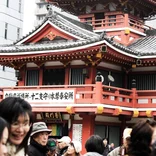
Immerse yourself in Japanese culture through full-time enrollment at the Center for Japanese Studies at Nanzan University. In addition to a required intensive Japanese language class, you will choose from a range of English-taught course offerings in Business, Humanities, and Social Sciences, and enjoy hands-on instruction in Japanese arts such as ikebana, shodo, hanga, and sumie. Students with advanced language skills are encouraged to enroll in seminars taught in Japanese with local students.
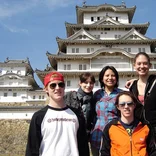
Immerse yourself in Japanese culture by spending the summer studying abroad in Nagoya! Practice your language skills when you order sashimi at a local restaurant or ask for directions to the subway station. Interested in learning about hanga (woodblock printing) or ikebana (traditional flower arranging)? Our program offers you the chance to learn about Japanese culture with hands-on classes. You can also participate in course-related excursions around the city and to the historic city of Kyoto.










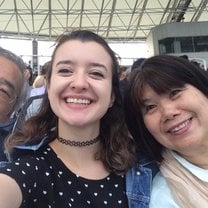

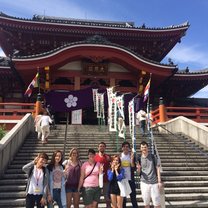
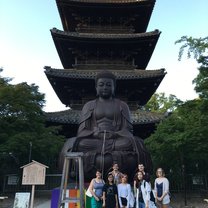
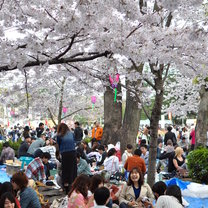

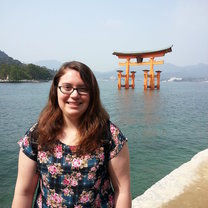
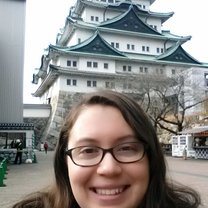





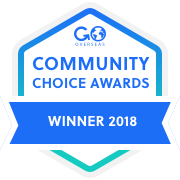
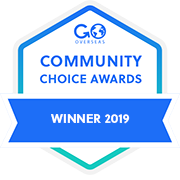
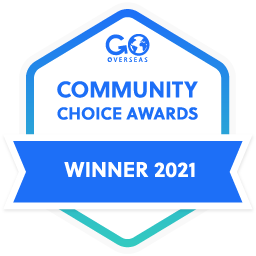




To an extent, yes. The minimum requirement is that the student be able to read and write all hiragana and katakana characters. That is the requirement to place into the 300 (lowest level) New Intensive Japanese course. All international students enrolled in Nanzan University's Center for Japanese Studies are required to take the New Intensive Japanese classes and will take a placement test upon...